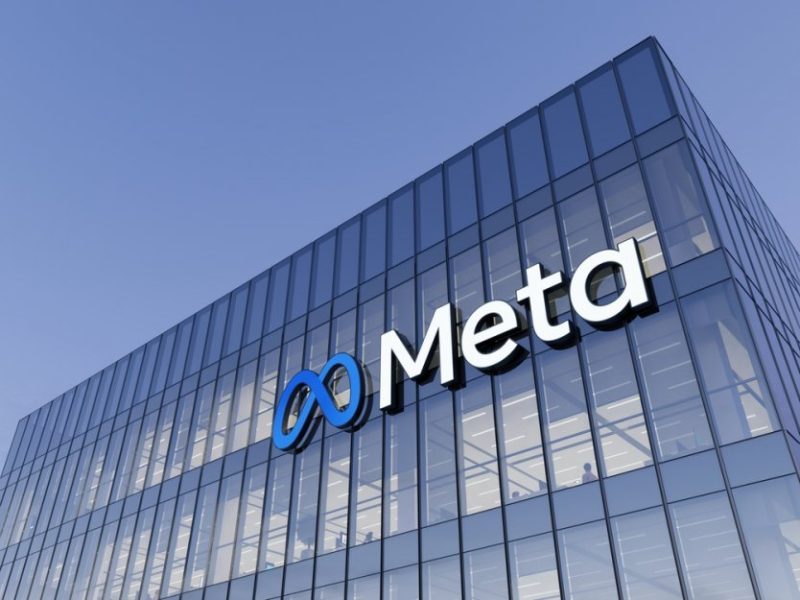Meta Platforms, led by CEO Mark Zuckerberg, reported a significant $4.5 billion loss in its metaverse division, Reality Labs, during the second quarter of 2024. This brings the total losses for Reality Labs to nearly $60 billion since its inception in 2019. Despite this, Meta’s overall performance exceeded expectations, with the company’s share price rising 7% in after-hours trading following the release of its Q2 earnings report.
Strong Q2 Earnings and AI Advancements
In its July 31 earnings call, Meta reported $49 billion in revenue, a 22% increase from the previous year and the second-highest quarterly revenue in the company’s history. The tech giant also posted a profit of $13.5 billion, driven largely by advancements in artificial intelligence and the growth of its apps, including Threads and WhatsApp. Zuckerberg highlighted that the company’s AI assistant, Meta AI, is on track to become the most widely used AI assistant globally by the end of 2024.
The company’s AI initiatives have also extended to consumer products, such as the Ray-Ban Meta smart glasses. Launched in September of the previous year, these AI-infused glasses have seen “good traction” in sales, according to Zuckerberg. Meta plans to significantly increase its capital expenditure in 2025, focusing on AI research and development.
Reality Labs’ Continued Losses and Future Investments
Reality Labs, responsible for developing virtual reality headsets like the Meta Quest 3, generated $353 million in Q2 sales. However, the division reported a staggering $4.5 billion loss for the quarter. Despite the ongoing losses, Meta’s chief financial officer, Susan Li, indicated that operating losses for Reality Labs are expected to “increase meaningfully” year-over-year due to continued investment in augmented reality and virtual reality product development.
Contrary to public perception that Facebook primarily attracts older users, Li mentioned that younger users are increasingly engaging with Facebook Marketplace. This trend, along with other strategic initiatives, is part of Meta’s broader effort to diversify its user base and strengthen its ecosystem.
